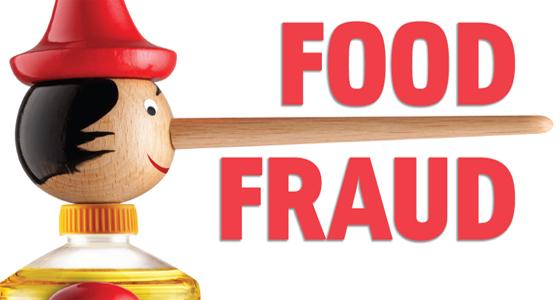Food fraud is a big issue around the world. Food fraud occurs when producers replace an ingredient with something else, but do not acknowledge the change. For example, yesterday’s post regarding the oil scandal in Taiwan is a result of food fraud in action. After the UK’s horsemeat scandal in 2013, they have become more aware of the danger food fraud poses.
Mislabelling products is already widespread. Another practice is when producers substitute premium commodity products for a cheaper option, either a part of the ingredient or replacing it entirely. Though many authorities know that this happens (this justifies the cheaper options), this could become a catastrophe, especially if someone is allergic to the product replaced.
In order to prevent any other future scandals to occur, the following need to be changed for the producers:
- Spot-test trouble – doing more testing for the products will help the authorities discover what foods are being defiled in this manner
- Changing allegiances – as producers make deals with other businesses, the food supply network is vulnerable to any mishap that might occur in one small company. If the company supplies damaged ingredients, it causes issues for the final product
- Insufficient certification
- Forensics accounting required – proper tracking of different parts of the chain will ensure producers and consumers each step taken and to help gather the appropriate data.
If you would like more information on this topic or get the source URL for this article then email us at [email protected].
